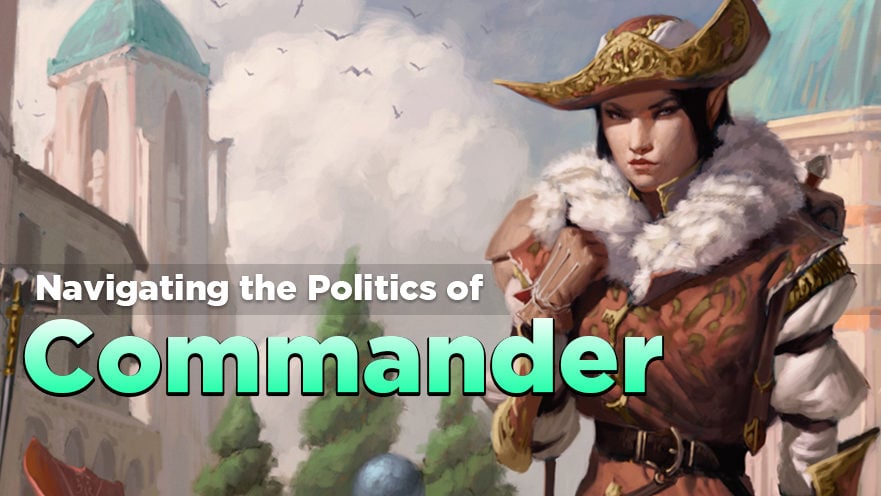For many players (myself included), Magic is a hobby that helps folks relax in their off time. Whether you’re at an FNM, a side event at MagicFest, or on Arena, Magic can be an escape from the boring, banal realities of our 9 to 5 jobs. However, when it comes to multi-player formats (especially Commander), it can be super beneficial to bring some of your corporate political skills to the table.
With that in mind, here are some important tips that can serve you well not just at the office, but also during any Commander game!
Know Your Strengths and Weaknesses
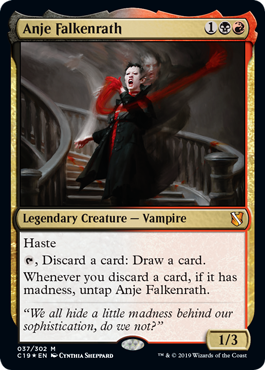
When entering any political situation, it’s important to critically assess your strengths and weaknesses. Start by analyzing your Commander deck(s). What kinds of win conditions do you have? What opposing cards or strategies shut you down? And what do you have in your arsenal to check or nullify those threats? It’s important to be honest about your deck’s potential soft spots, and to buttress them as needed without compromising your best attributes. Once you know what you’re working with, it’ll be easier to focus on the challenges your opponents present.
As a player, it’s also crucial to think about your own biases and play style. Are you someone who gets too trigger happy and counters any possible threat? Or do you tend to focus on your combo too much to notice the board state? Acknowledging who you are, how you play and how your deck operates will help you become a stronger Magic player.
Identify The Power Players
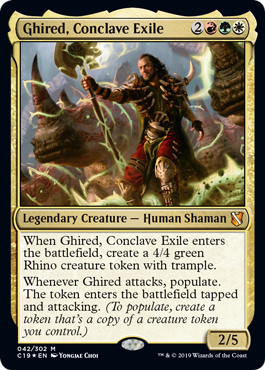
Every game has an inherent player power structure and dynamics. It’s rare that everyone at the table will have an equally powerful deck, so it is crucial to note who seems to hold the most, and where you fit into this hierarchy. If you’re bringing a Yahenni prison deck to the table, you might be perceived as the biggest threat and you’ll have to adjust your play style accordingly. However, an Ayula bear-themed deck might be considered less threatening, which can be an advantage if your opponents’ attention is focused elsewhere.
It’s also important to reassess the hierarchy of players as the game progresses and new cards hit the battlefield. Even the most intimidating decks can have terrible draws, while other players might surprise the table with a wrath effect or an unexpected combo. Keep your attention on the board state and pivot as needed.
Make Allies
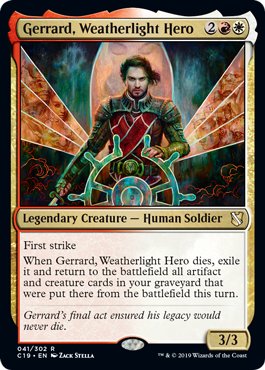
No person has ever won a game of politics without calling in and providing favors to others, and Commander is no different. Look for opportunities to team up with other players when your goals align, or if their presence will benefit you long term. Perhaps you’re both playing token-heavy decks, and another player’s Elesh Norn keeps blanking your creatures. Or maybe a Winter Orb is keeping everyone else from executing their strategies. You can turn these situations to your advantage by making deals and combining resources to eliminate your common enemy.
Of course, once you make a promise to your ally, it’s important to make good on that commitment. For example, if you’ve promised not to attack another player for two turns after they removed an oppressive enchantment for you, make sure you keep your word. While this gives your ally a couple turns to build their board, you’re now free to play out your strategy; odds are they’ll reward your loyalty by not targeting you. Games of Commander can last a long time, and it’s vital to demonstrate to other players that you can be trusted.
Keep Yourself Informed
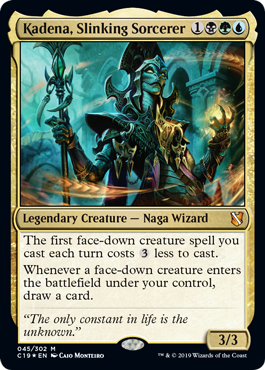
Commander’s card pool spans the entire history of Magic, and sometimes the most obscure ones can pop up in a game. When someone plays a card you don’t know, always request to read it, and if need be, ask its owner to explain the card to you. Knowledge is power in any situation, and knowing what your opponents’ cards do will help you navigate a complex board state. Don’t be afraid to ask questions, and you won’t be left behind at your kitchen table.
Win and Lose with Grace
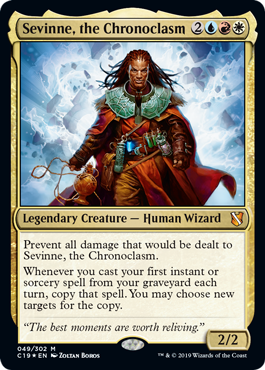
In a game of Commander, there can only ever be one winner, which means that there will be multiple losers. No matter where you fall, it’s important to comport yourself with humility and grace. If you know there’s a clear path to victory for you, be sure to act on that strategy quickly. Don’t draw out the game trying to find that last piece of your engine, because holding your opponents (who are most likely your friends) in suspense will sour the mood. Play out your cards and end the game, then move on to the next one.
If you do lose the game, keep an eye on your emotional state and be on the lookout for any internal signs of “tilt.” Any anger, sadness or resentment from losing is not just toxic for your friendships – it’s also detrimental to your mental health. Take a moment to breathe, and consider excusing yourself from the table to use the bathroom or get a drink or snack. Removing yourself from the situation will keep you from acting or saying anything inappropriate to your friends/opponents, which will make it easier to play with them next time.
Conclusion
Commander politics can be complicated to navigate, but hopefully these tips will help you become a better player. Everything always boils down to effective communication and honesty with yourself and others. This isn’t just a great tool for playing Magic – it’s an important skill to develop in life.

A consummate lover of books, tea, food and instant-speed kill spells, Michelle is a person of many passions. Her hobbies include cuddling cats, throwing pottery, and analyzing Magic lore from a literary perspective. She is also a co-host of the Vorthos comedy podcast, “The Loregoyfs,” and she comprises a full 25% of The Felidar Guardian (specifically the right hand, left ear and both scapulas). Her CMC is 2BWU, and her ETB trigger creates two 1/1 cats with lifelink and trample.

